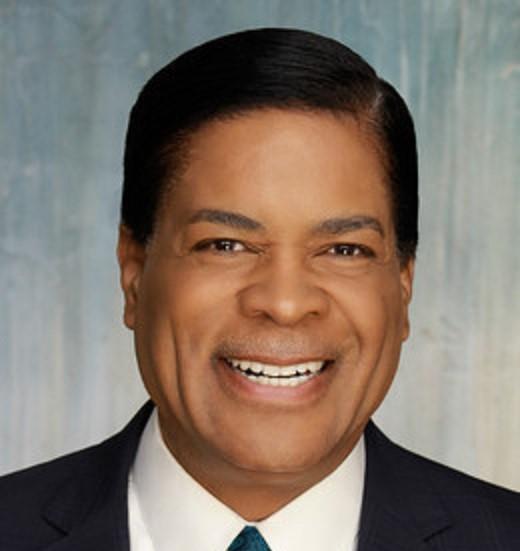DSW alum publishes framework for nonprofit leaders
Dr. Harry Hunter, an alumnus of Tulane's Doctor of Social Work (DSW) program and an Associate Teaching Professor at the University of Southern California School of Social Work, was the lead author of a new theoretical framework for nonprofit management. He collaborated with Tulane’s Professor Reggie Ferreira and Dr. Janice Prochaska, a prominent scholar-practitioner in organizational change, to publish the article in the Journal of Human Behavior in the Social Environment.
The article, “Applying expectancy theory of motivation and transtheoretical model of behavior change to mitigate employee resistance to organizational change in nonprofit organizations: A theoretical framework,” aims to provide nonprofit leaders with the tools to effectively manage organizational changes such as restructuring or systems updates.
“Having worked extensively in nonprofit settings, I have seen firsthand the deep commitment to mission-driven work, often amid limited resources and high demands. While the challenges are significant, these organizations are driven by passion and a sense of purpose,” Hunter said. “With the proper support and infrastructure, they have great potential to create meaningful and lasting change.”
Their framework pulls from two theories: Expectancy Theory of Motivation and Transtheoretical Model of Behavior Change. Expectancy Theory identifies the ‘why’ behind employees’ enthusiasm for or resistance to organizational change. The Transtheoretical Model of Behavior Change explains the stages of change (precontemplation, contemplation, preparation, action, and maintenance) and helps to identify where employees are in the process.
Hunter says combining the two theories allows leaders to meet people where they are, promoting “more lasting transformation by addressing not only the strategy behind the change but also the human factors involved.”
Hunter, who began his career as a substance abuse therapist before transitioning into leadership roles, has seen firsthand the impact that employee motivation (or lack thereof) can have on the success of change initiatives. His research now brings a social work lens to change management, focusing on realistic, equitable, person-centered approaches tailored to the often under-resourced nonprofit sector.
This publication will give nonprofit leaders valuable insights on authentic decision-making not just within boardrooms but on the individual level. Hunter says he hopes the framework is a step away from top-down decision-making and toward collaborative efforts.
“In this framework, employee readiness and motivation are seen as key factors for success. Over time,” Hunter said, “I believe this approach can improve the internal health of nonprofit organizations and boost their capacity to make a significant social impact.”
If you’re interested in reading the article, you can do so here.

